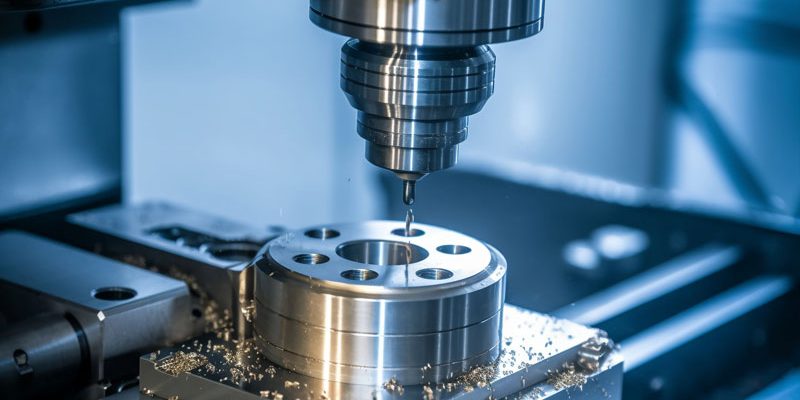The Future of CNC Machining: Obsolete or Evolving?
As automation and artificial intelligence continue to evolve at a rapid pace, a growing number of professionals in the manufacturing industry are asking a critical question:
Will CNC (Computer Numerical Control) machining be replaced by newer technologies—or even become obsolete?
CNC machining has long been a cornerstone of modern manufacturing, widely applied in aerospace, automotive, medical, mold making, and other sectors due to its high precision, efficiency, and repeatability. However, with the emergence of new technologies, it’s worth exploring whether CNC still holds irreplaceable value in the decades ahead.
1. CNC Machining Still Holds Distinct Advantages
To begin with, it’s important to recognize the undeniable strengths CNC machining still offers:
-
Precision Control: CNC machines are capable of executing complex tasks with micron-level accuracy, beyond the reach of manual processing.
-
High-Efficiency Mass Production: Ideal for large-scale manufacturing with consistent quality and tight tolerances.
-
Mature and Stable Ecosystem: CNC has a well-established supply chain including CAM software, tooling, and fixtures, making it a highly industrialized solution.
These factors indicate that CNC will remain essential in many core industries in the near future.
2. The Rise of New Technologies and the Trend of Integration
At the same time, technologies like additive manufacturing (3D printing), AI, and industrial robotics are reshaping how parts are designed and produced:
-
3D Printing offers clear advantages in prototyping and custom part manufacturing, particularly for geometries that are difficult or impossible to machine.
-
AI-Assisted Programming is streamlining CNC workflows by automatically generating and optimizing tool paths.
-
Collaborative Robots (Cobots) are working alongside CNC machines to reduce manual intervention and improve productivity.
However, these technologies tend to complement rather than replace CNC machining.
3. The Future: Not Obsolescence, But Transformation
CNC machining is not headed for extinction—instead, it is evolving into a new phase of intelligent, automated, and flexible manufacturing.
-
In smart factories, CNC machines will be integrated with MES systems, IoT platforms, and cloud infrastructure to enable remote monitoring and control.
-
Adaptive machining systems will dynamically adjust parameters based on materials and real-time feedback to improve efficiency and yield.
-
Workforce transformation will redefine CNC operators as equipment managers and programming specialists, rather than traditional machine handlers.
4. Conclusion: CNC Isn’t Just Machining Parts—It’s Powering the Backbone of Manufacturing
While new technologies will continue to emerge, the stability, reliability, and versatility of CNC machining ensure that it will remain a critical pillar of modern manufacturing for years to come.
Rather than fearing obsolescence, the industry should embrace transformation—
CNC will not be replaced; it will be enhanced, digitized, and made smarter.

